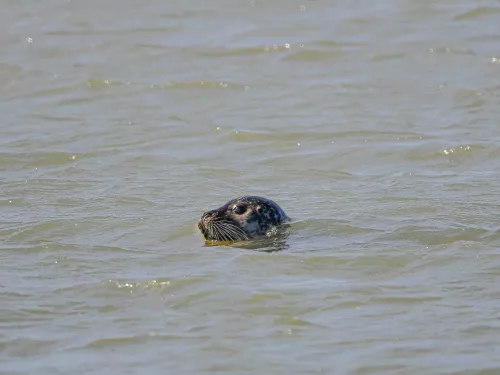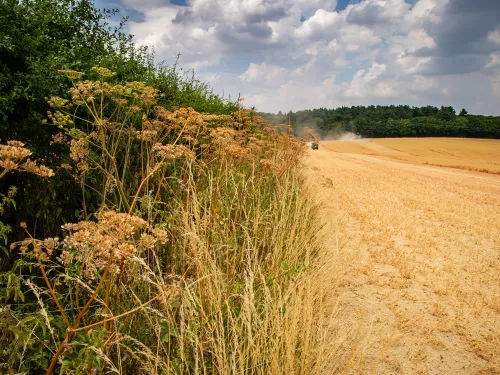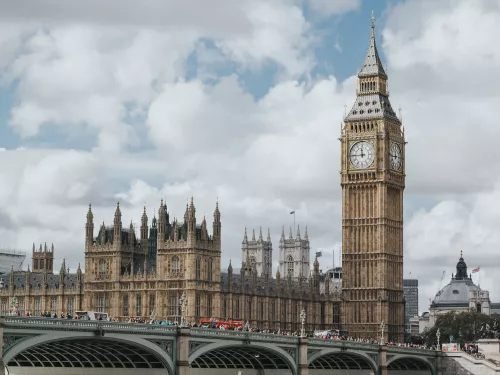
Time is running out to comment on National Grid’s Sea Link plans
Newly elected MP Polly Billington has said she is concerned about the lack of transparency demonstrated by National Grid.


Newly elected MP Polly Billington has said she is concerned about the lack of transparency demonstrated by National Grid.

New economic analysis, published today, demonstrates that the current agricultural budget is significantly less than what is required for the UK farm and land management sector to help tackle the nature and climate crisis.

With proposals for a new Planning and Infrastructure Bill to accelerate the delivery of high-quality infrastructure, Kent Wildlife Trust calls for a land use framework to be developed in the UK.